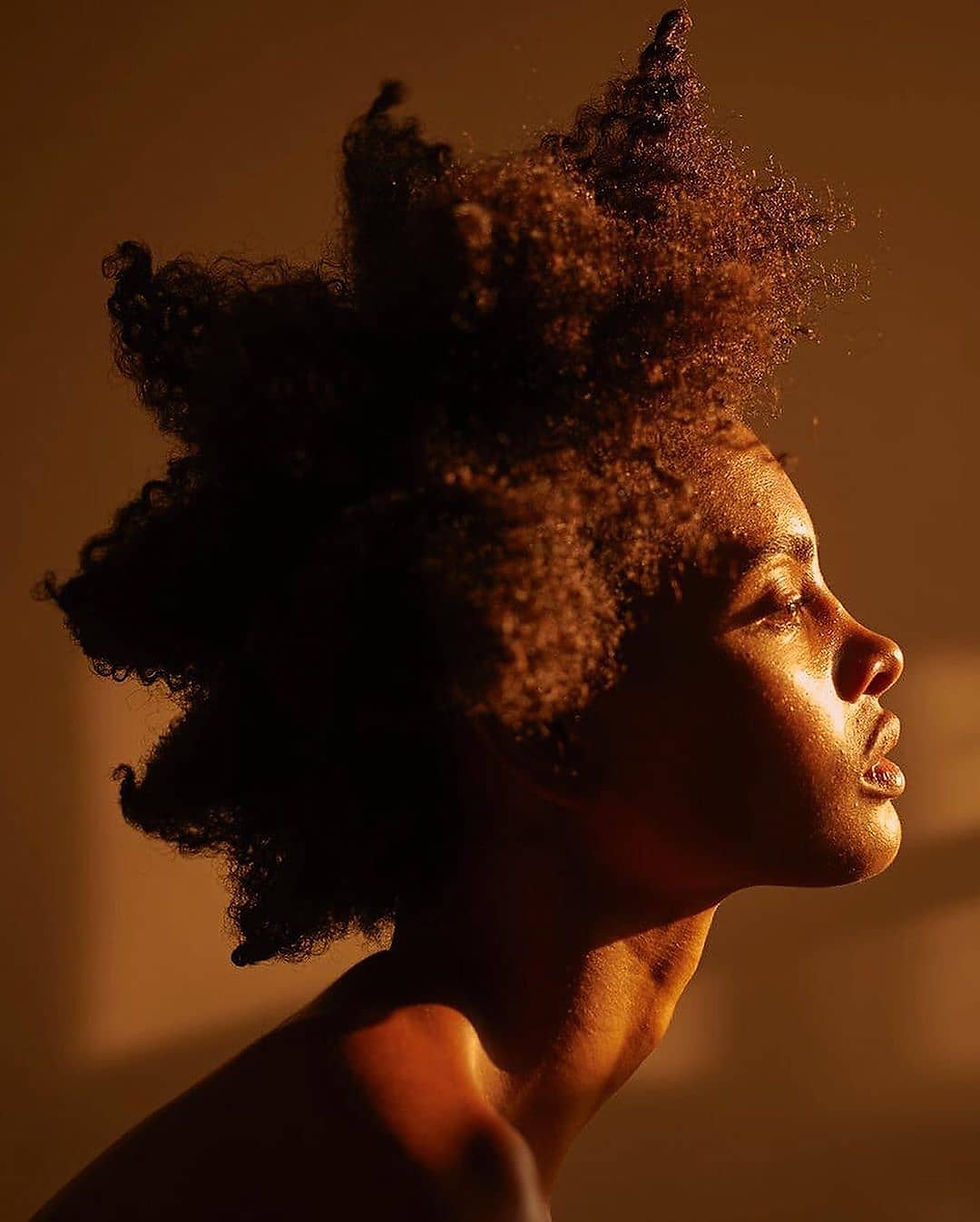Is Black Hair Still Off Limits?
- MPL Hair
- Sep 23, 2020
- 2 min read

Black hair has been at the center of work politics and even school disputes with
schools categorizing natural African hair as ‘untidy’ and requiring black learners to
do something about it. Banning the display of natural African hair at school & workplaces is nothing new, which is part of the problem. With the rise of a more
conscious generation and the spotlight on racial prejudices, amongst the rest, young
black women have been pushing back and refusing that their blackness is dimmed
down. With this in mind, the natural hair movement is in full steam and many
mothers are choosing to keep their baby’s hair natural until they’re old enough to
decide if they’re like it straightened. More and more prominent celebrities are
showing up on the red carpet with their natural curls and coils to make the clear
statement that their hair is regal and worth the representation.
Despite our intention and actions to normalize black hair, our non-black
counterparts are still absent from the party. Many non-black people seem to still
gaze at black hair with tourist eyes resulting in further detachment and mistrust.
Forbes’ Senior diversity & inclusion contributor, Janice Gassam, writes
“Understanding the history and patterns of treatment for many Black people around
the world can give more insight into why the request to touch a Black person’s hair
is so offensive.
In the early 1800s, an African woman named Sara Baartman was sold
into domestic servitude and became a European tourist attraction, where her naked
body was put on display. Baartman was put on display because of the European
fascination with her body.” In 1906, Ota Benga, a black African man, was also put on
display in the Bronx Zoo. “Benga became a spectacle because of his boyish
appearance. He was put on exhibit and placed in a monkey cage, where nearly a
quarter of a million people went to see him” explains Gassam.
A harrowing fact is, this type of ogling and othering of black people was common
practice as there are many more stories like Ota Benga's throughout history. It’s vital
to understand the historical context of gawking at black people and our features.
The fascination with black hair in itself implies inequalities. While black people do
not treat non-black hair as abnormal, humane behavior is not returned. By
treating black hair differently, you create an environment that recognizes black hair
as different, uncommon, and even unnatural.
So if you’re not black, the next time you want to touch a black person’s afro or braids,
because you think they’re so beautiful or interesting, don’t.




Comments